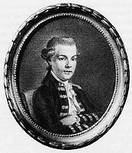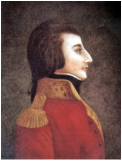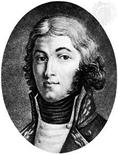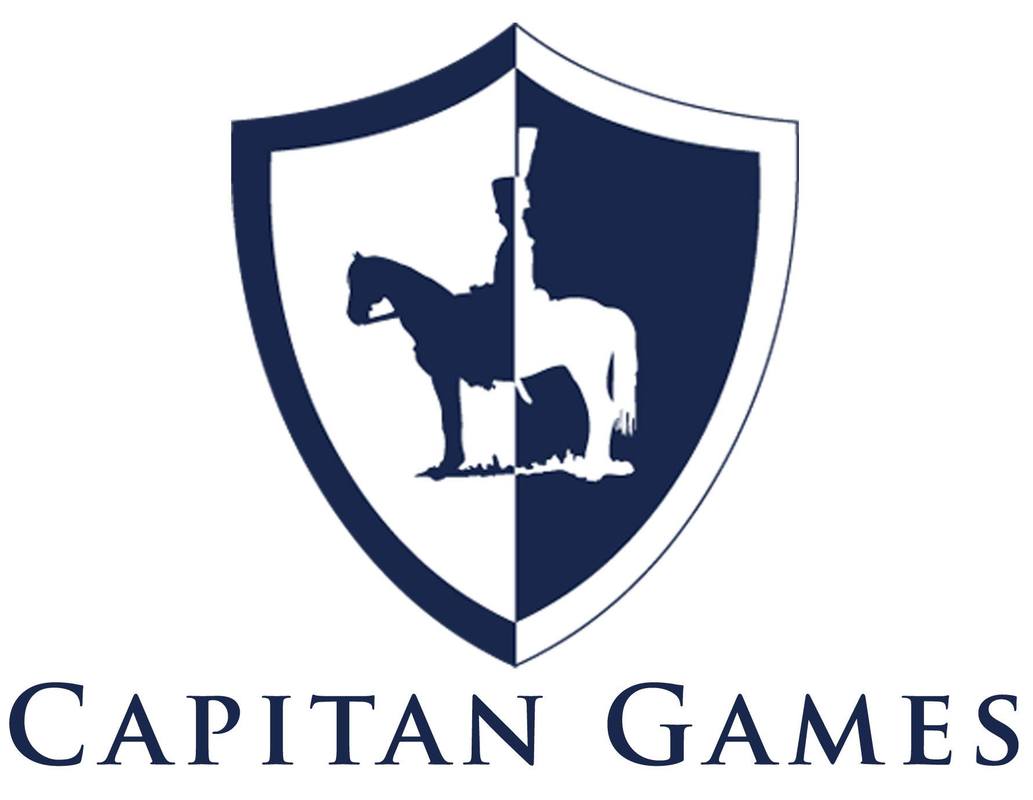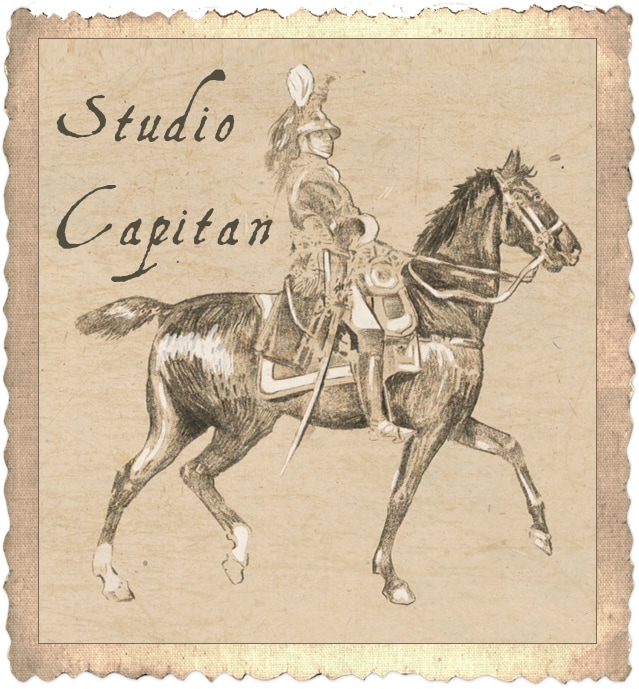The French Invasion of Ireland, 1796,
|
Cast list here
Sponsored by: |
By 1796 Wolfe Tone, leader of the revolutionary group the Society of United Irishmen has finally convinced the French that if they invaded Ireland (then part of Great Britain) the population would rise up in support of them. On 20th December, 12,000 French soldiers and a few Irish officers, with 45,000 spare muskets, landed on the south coast of Ireland. Opposing them was a British and Irish force made up of a few thousand regular soldiers, militia regiments of dubious loyalty and independent Protestant armed units, all of which were dispersed on counter-insurgency operations. Can the British hold off the French and stave off revolution, or will a few Irish revolutionaries, supported by French soldiers, lead Ireland into an independent future?
Armed with historical maps and playing the main generals and their staff officers, players will have to consider the loyalties and motivations of the local populations, their own troops and their allies, in planning and carrying out operations. Fog of war (map movement is hidden from all players), scouting and intelligence reports linked to shifting local loyalties, recruiting new troops and supplying the ones they have, pressured decision making and the contradictory political and military aims of their forces and their allies will all play a part in how the game unfolds. Players will spend their time planning, gathering and disseminating intelligence and issuing orders to their troops, while negotiating aims with allies. Supply will be an important aspect of strategy; for example, the French land with no horses for their cavalry! Combat takes place face-to-face, using a fast streamlined system, while everyone else carries on issuing orders.
Armed with historical maps and playing the main generals and their staff officers, players will have to consider the loyalties and motivations of the local populations, their own troops and their allies, in planning and carrying out operations. Fog of war (map movement is hidden from all players), scouting and intelligence reports linked to shifting local loyalties, recruiting new troops and supplying the ones they have, pressured decision making and the contradictory political and military aims of their forces and their allies will all play a part in how the game unfolds. Players will spend their time planning, gathering and disseminating intelligence and issuing orders to their troops, while negotiating aims with allies. Supply will be an important aspect of strategy; for example, the French land with no horses for their cavalry! Combat takes place face-to-face, using a fast streamlined system, while everyone else carries on issuing orders.
Provisional Roles:
|
British: Lord Carhampton (Commander in Chief of armed forces in Ireland), Lieutenant Collins (Aide-de-camp to the above), Lord Dundas (Aide-de-camp to the above). General Dalrymple (Commander, Southern District) Colonel Crosbie (Aide-de-camp to Dalrymple)
Loyal Irish: Lord Kenmare (Commander in Chief of militia), Mr White (Aide-de-camp to Lord Kenmore) Colonel Gibbins (Aide-de-camp to Lord Kenmore), Colonel O’Connell (Militia Commander), Mr O’Sullivan (Special Advisor to Colonel O’Connell) French: General Hoche (Commander in Chief), Alexander Dalton (Aide-de-camp to General Hoche) General Humbert (Commander), Colonel Deletin (Aide-de-camp to General Humbert) Brigadier Mermet (Cavalry Commander) Marquis De Grouchy (Commander) Brigadier Cherin (Aide-de-camp to Grouchy) Society of United Irishmen (Revolutionary group): Theobald Wolfe Tone (Commander in Chief of United Irishmen), Arthur O’Conner (Aide-de-camp to Wolfe Tone) Captain Joseph Holt (Special Advisor to Wolfe Tone) |
